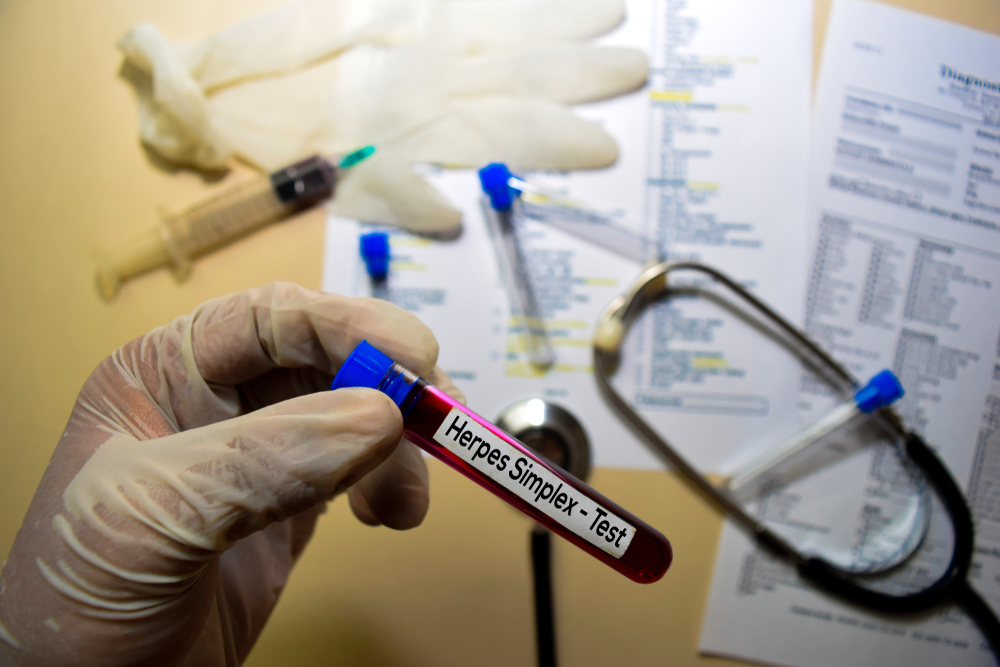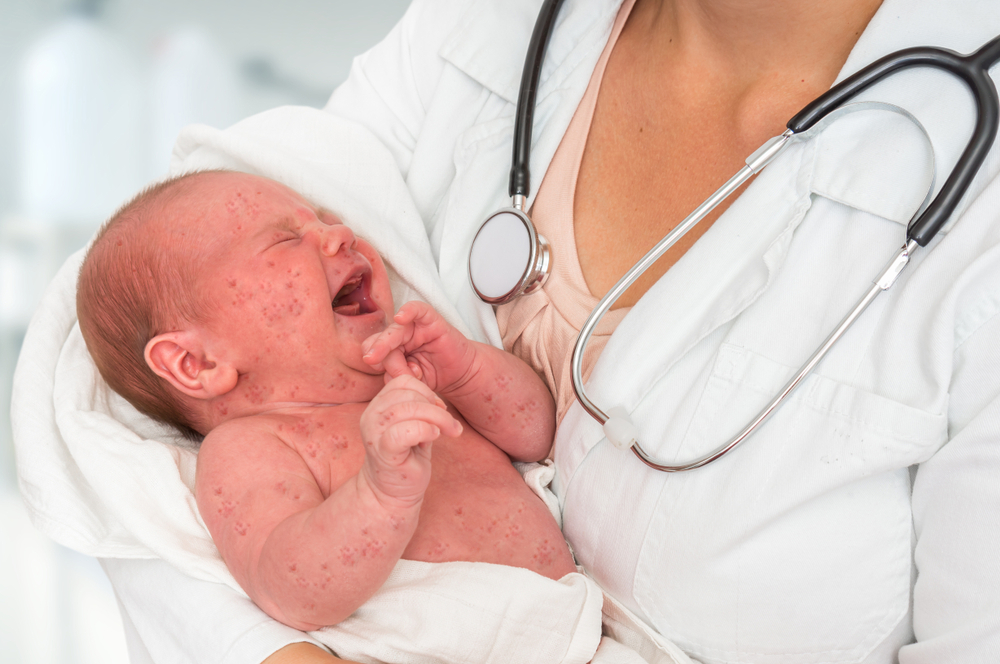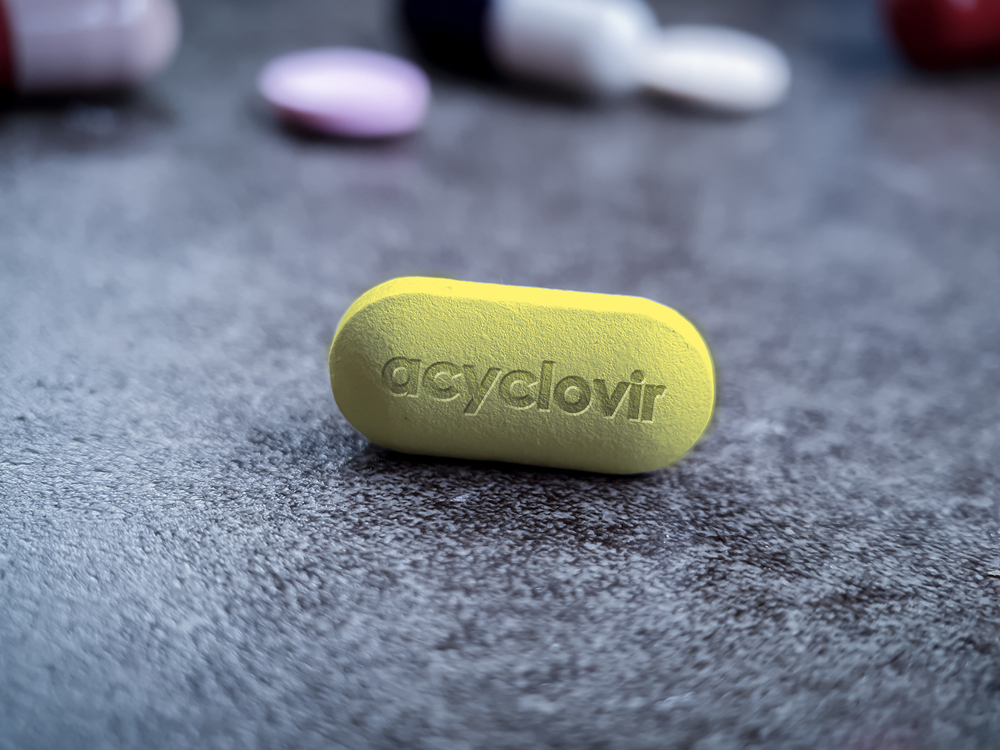In plain terms, a neonate is a child that is less than 4 weeks old. At this point, a baby is prone to a number of diseases because his/her immune system is not yet fully developed. Sometimes, a baby may contract diseases from the mother during pregnancy or labor. In other instances, infections come after birth. This article provides answers to possible questions lingering on your mind about neonatal herpes, an infection in young babies.

What Is Neonatal Herpes?
Herpes is a common viral infection that can cause sores or blisters on a baby’s mouth, eyes, skin, or genitals. This is different from stye on baby’s eye. However, most times, herpes results from one of these two viral infections:
- Herpes Simplex Virus type 1(HSV 1): which causes oral herpes.
- Herpes Simplex Virus type 2(HSV 2): which is responsible for genital herpes.
Most times, herpes tends to be serious for newborn babies due to their underdeveloped immune systems. Without proper management, herpes can cause long-term effects on the health of your baby or sadly, even death. In fact, there is the risk of brain, spinal cord, liver, lungs, and kidneys damage.
How Can My Baby Get Herpes?
Most times, Herpes Simplex Virus (HSV) is transmitted during childbirth. This happens when an infected mother passes the virus to her baby during vaginal delivery. If a mother has herpes, there’s a high chance that the infection would be transmitted to her baby through her genital tract.
Thankfully, studies show that a cesarean section can reduce the risk of your baby contracting herpes during delivery.
Furthermore, a baby may also get a herpes infection if:
- An infected person with cold sores on the mouth kisses the baby.
- Breastfeeding a baby with breasts which have blisters caused by the infection.
What Are The Signs To Look Out For?
There are early warning signs that suggest that your baby may have herpes. It is important to pay attention to these signs and contact a doctor when you feel something is wrong with your baby.

Some of these signs are:
- Constant irritation
- Irregular feeding patterns
- High temperature or fever
- Rash or sores on the skin, eyes and mouth
- Troubled breathing
- Blue appearance (cyanosis)
- Jaundice (yellowing of eyes)
However, it is important to note that this list isn’t fail-safe. In fact, a baby infected with herpes may not have all the symptoms of the disease.
How Does Neonatal Herpes Affect My Baby?
HSV, the virus responsible for causing herpes spreads the infection in three ways.
These are:
- Localized skin infections: small fluid-filled blisters anywhere on the skin of the baby. These blisters may also pop up around the eyes, mouth and in serious cases, the genitals of the baby.
- Encephalitis: This is an inflammation of the brain which results in damage to the brain and spinal cord function.
- Disseminated Herpes Infection: This is the most severe form of herpes. In this case, the infection spreads throughout the baby’s body, affecting multiple organs.
Furthermore, neonates with disseminated herpes have organ diseases that may be accompanied by encephalitis and skin infections.
Associated Complications
In mild cases, neonatal herpes only affects a baby’s eyes, mouth, and skin. In this instance, treatment with antiviral medications will usually resolve all the symptoms.
On the other hand, the disease may spread to the baby’s organs, causing more complicated symptoms.

Diagnosis of Neonatal Herpes
Diagnosis of herpes is sometimes difficult because not all babies have the characteristic blisters associated with the disease.
Nevertheless, the following diagnostic tests may confirm a neonatal herpes infection:
- Skin culture: this involves taking a sample of the blister by scraping.
- Blood and CSF tests
- Swab culture: taking a sample with a cotton swab from the nose, throat, eyes or rectum
- CT or MRI scan of the head
Is Neonatal Herpes Treatable?
Neonatal herpes is treated with antiviral drugs.
Most times, the drugs are administered through an intravenous injection. The treatment often lasts for several weeks and the most commonly used drugs of choice are “ganciclovir” and ”valganciclovir”.

In a situation where the mother is also taking antiviral medications, the drug can be excreted in breast milk. Thankfully, this does not have any adverse effect on the baby.
Prevention
If you have herpes and are expecting your little one, the first step is to speak with your doctor.
He/she may prescribe medications that prevent an outburst of vaginal blisters during delivery. This would limit your baby’s exposure to the Herpes Simplex Virus (HSV). Furthermore, your doctors may schedule a cesarean section if the herpes infection occurs in the last week of pregnancy.
The following precautions can also help in the prevention of the disease:
- Avoid kissing babies especially when you have a cold sore.
- Wash your hands before coming in contact with a baby.
- Cover up sores, blisters, lesions or any sign of herpes infection on your body to avoid transmitting the virus.
Conclusion
Neonatal herpes is a condition that can be fatal if left untreated.
Thankfully, early treatment reduces the long-term effects on a child’s health. With the recommendations in this article, you and your little one are going to be just fine. Read on our other article about zika virus
All you have to do is get the right info and speak with your doctor about any further concerns.

